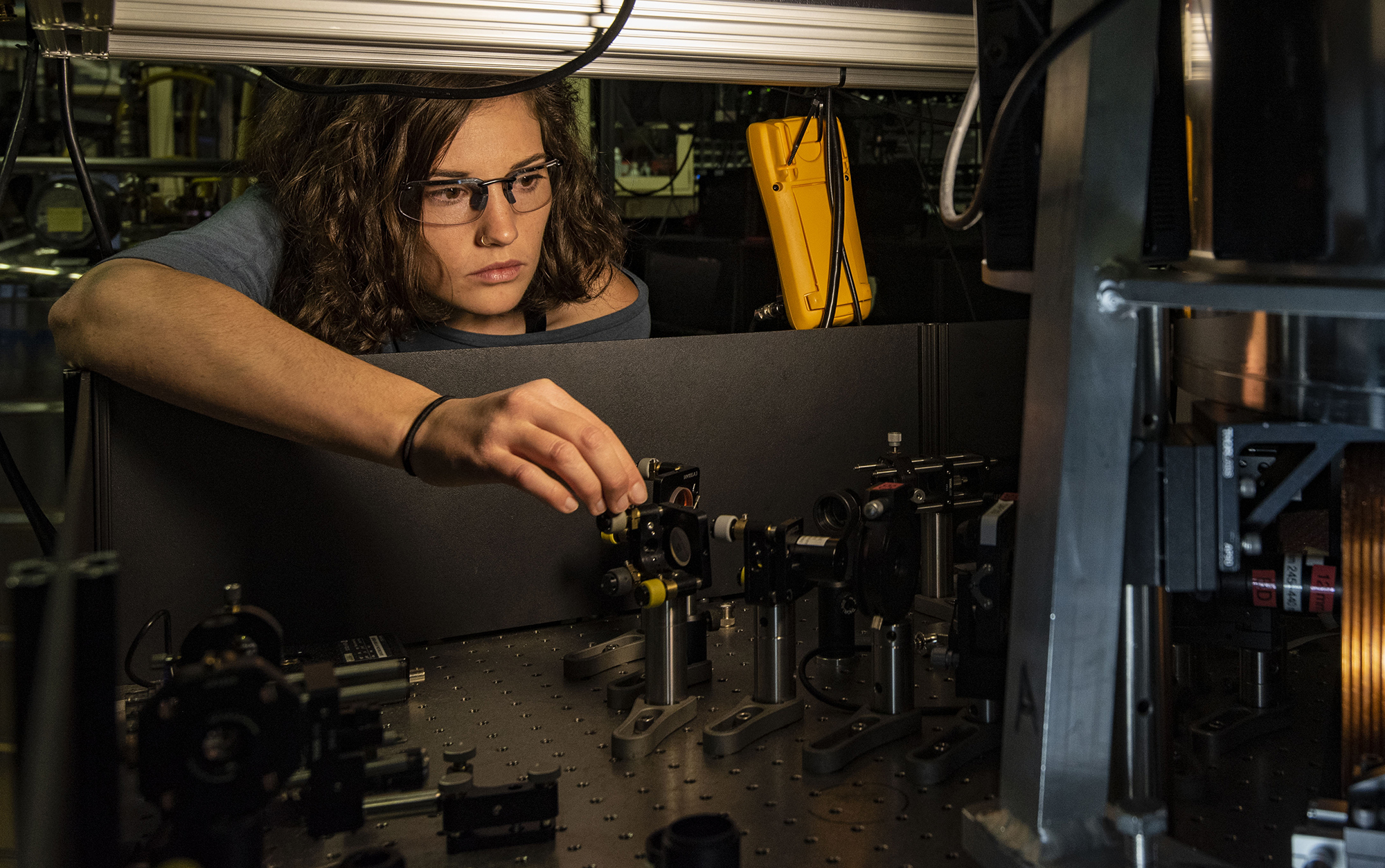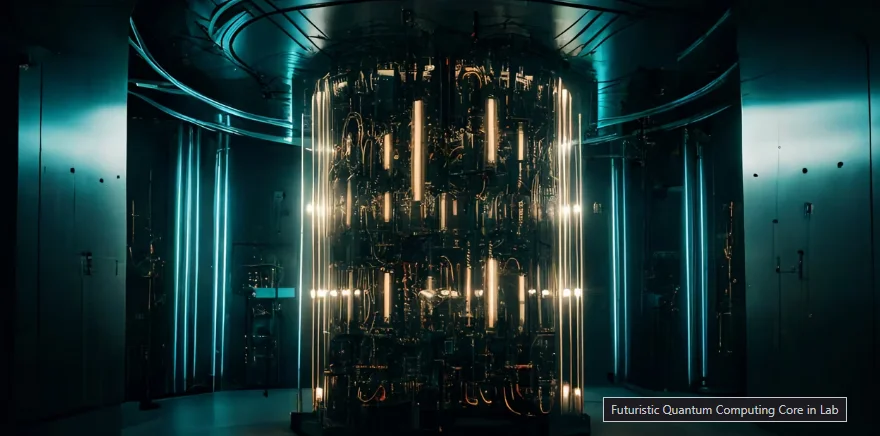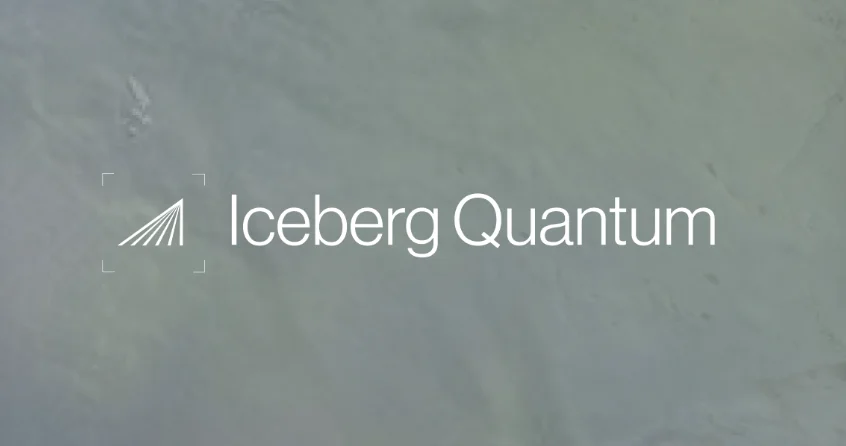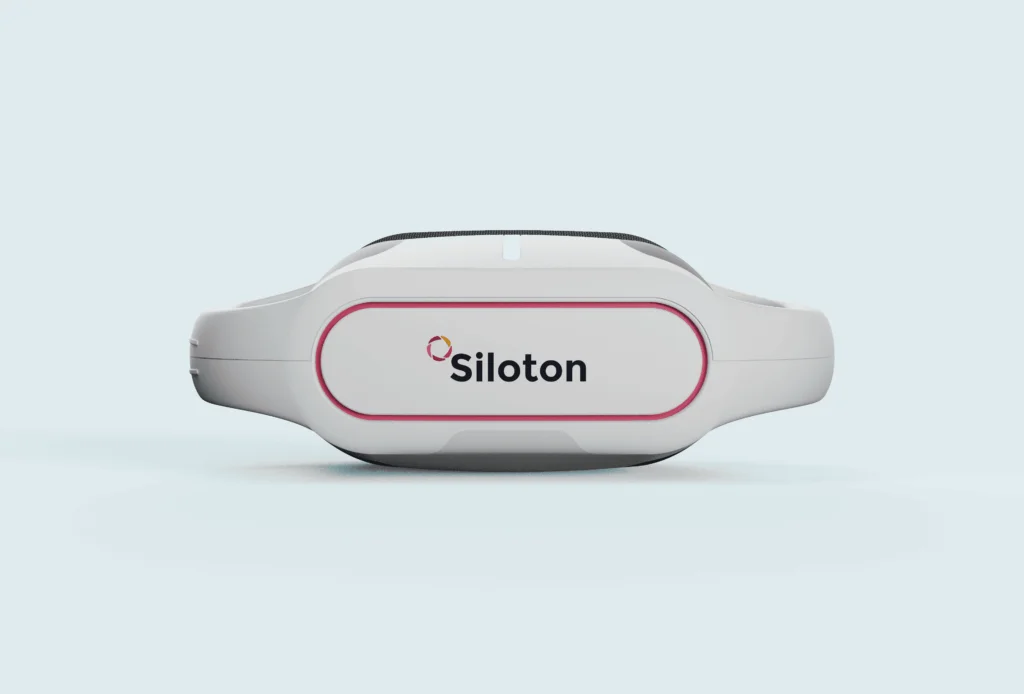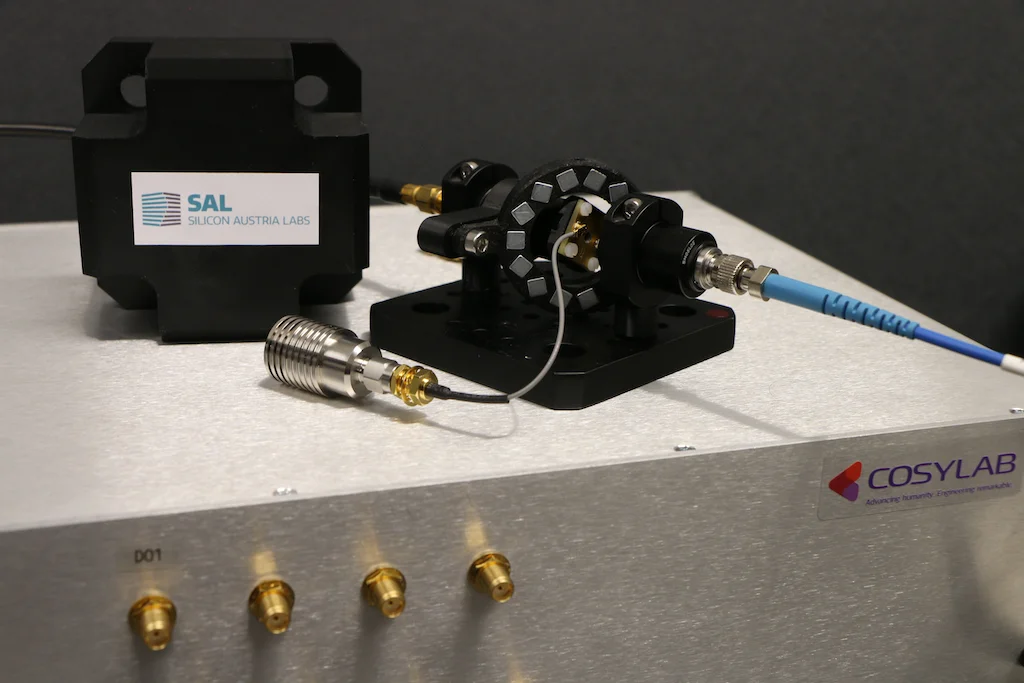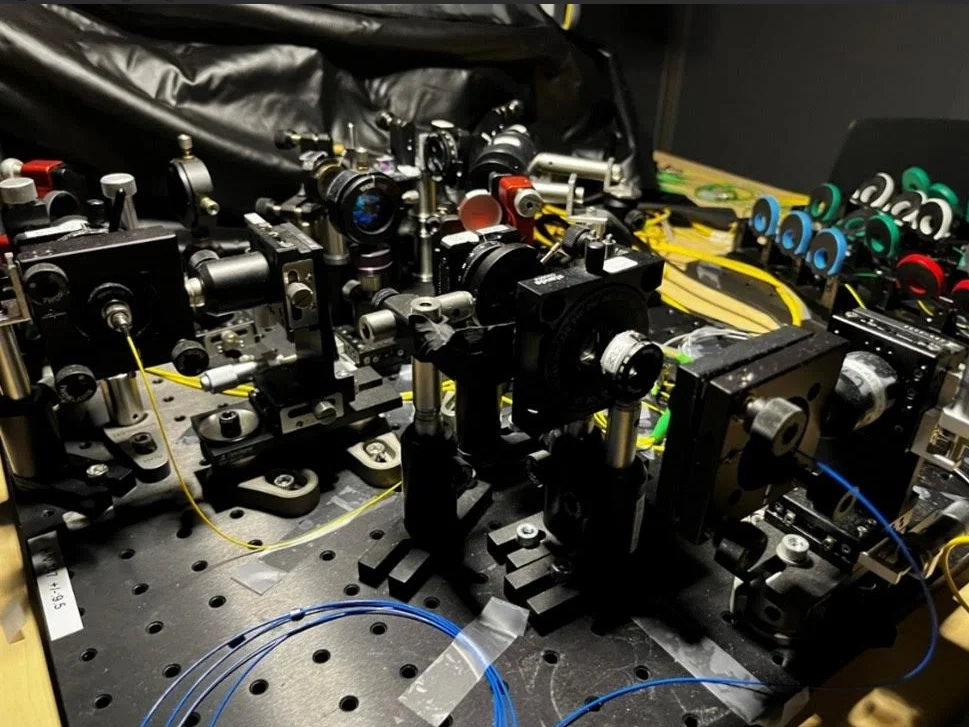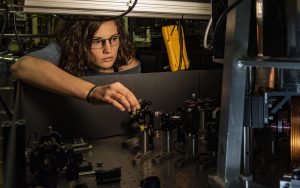
The United States is priming the quantum pump.
A new research committee will focus on national security applications of quantum science, with an emphasis on identifying specific uses, standards and enabling technologies, according to Celia Merzbacher, The National Institutes of Standards and Technology’s (NIST) Quantum Economic Development Consortium’s (QEDC) deputy director. However, Merzbacher said that benefits lie beyond security.
“it’s really a tool, in some ways, that will open sort of the imagination of innovators to create things that will have value that we can’t predict,” Merzbacher said, as reported in Breaking Defense. “So that’s why it’s really a good time, and important, for the government to step in and help prime the pump, and help support the costs of these initial research and development phases that will then make those tools available to all sorts of industries.”
NIST has been “building a consortium of stakeholders from across the research and innovation system, but really focused on bringing together the various industries that are going to be really critical to achieving the economic impact that quantum sort of promises. It’s in a very early stage. But nevertheless, there are all kinds of technologies that are going to have to advance and come together to make it possible to have quantum computing, and quantum communications and networks, and security and sensing.”

“So that’s why it’s really a good time, and important, for the government to step in and help prime the pump, and help support the costs of these initial research and development phases that will then make those tools available to all sorts of industries.”
The deputy director’s comments came at the recent Genius Machines summit sponsored by DefenseOne and NextGov.
Beyond quantum computing, other applications that reflect national security interest include: sensing, position, navigation and timing (PNT); and locating underground facilities.
The focus on quantum for national defense may have an immediate benefit for the quantum industry — and for society in general — because these innovations could be used beyond the defense and national security areas.
“There’s such a broad set of possibilities,” Merzbacher said. “The quantum science that agencies like NSF are investing in and helping to happen are really the input and foundation; the sort of ‘field of many flowers’ from which we get to harvest and create things that have practical application.”
Another benefit is that breakthroughs anticipated to be decades a way could be realized within a decade, according to Merzbacher.
Merzbacher added: “We are in some sense hopeful that what QEDC and NSF and DoE are all trying to do with these massive investments that they’re making right now is to compress the timeframe to maybe 10, 15 years” rather than “waiting 30 years” for useful applications to emerge. By 2030 or 2035, Merzbacher said that there may be “desktop quantum computers … and we’ll all be using a quantum network to do all financial transactions that we can be highly confident that can’t be broken.”
Merzbacher told the group that a whole range of improved equipment could come out of the push for quantum science, both national defense and beyond.
“In the case of quantum information science that ranges from the ability to have super-sensitive sensors that could be huge improvements over our current technology for measuring brain imaging; or for finding things underground for defense and military purposes; perhaps for navigation; for making sure the energy grid is safe and secure; for driverless vehicles which don’t even exist today and are going to demand all kinds of capabilities and assurance that quantum might help to provide; to computing capabilities to allow drug companies to discover drugs and, and various sort of chemical modeling to be done that would make possible all kinds of new materials and structures and devices that could be put to use in ways that we can’t even really imagine.”
The National Quantum Initiative Act directed NIST to convene a consortium to “identify the future measurement, standards, cybersecurity and other needs that will support the development of a quantum information science and technology industry.” according to a NIST press release. NIST is overseen by the Commerce Department.
QEDC on Sept. 16 announced its steering committee members: Boeing, ColdQuanta, Google, IBM, QC Ware and Zapata Computing, as well as NIST and the Department of Energy. The consortium now boasts almost 200 members, from small startups to major defense contractors Lockheed Martin, Raytheon, BAE Systems, L3Harris and Honeywell. It also includes all of DoE’s national laboratories and 32 universities from across the country.
It is one of several U.S. government-backed efforts to gain leadership in quantum science.
If you found this article to be informative, you can explore more current quantum news here, exclusives, interviews, and podcasts.

